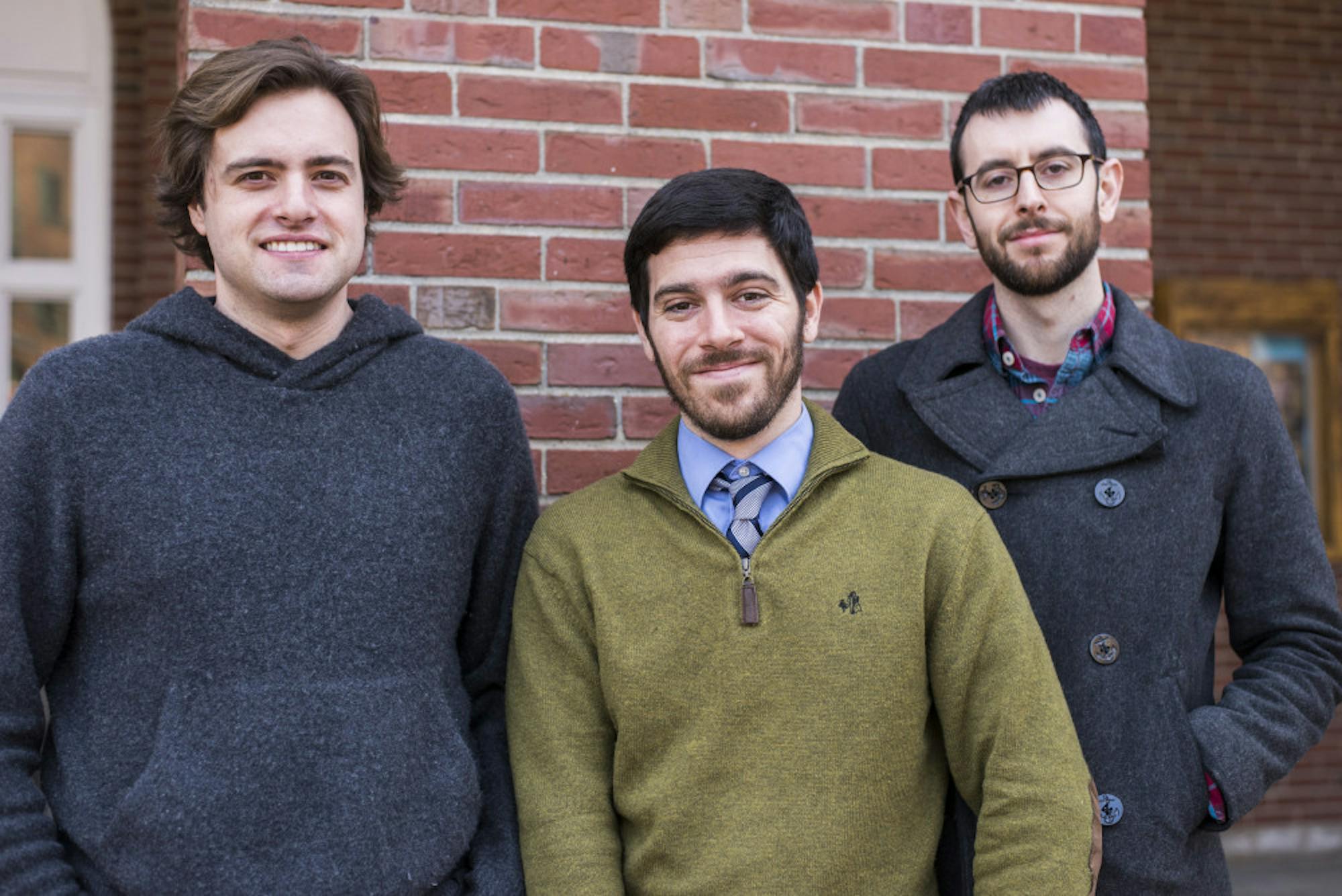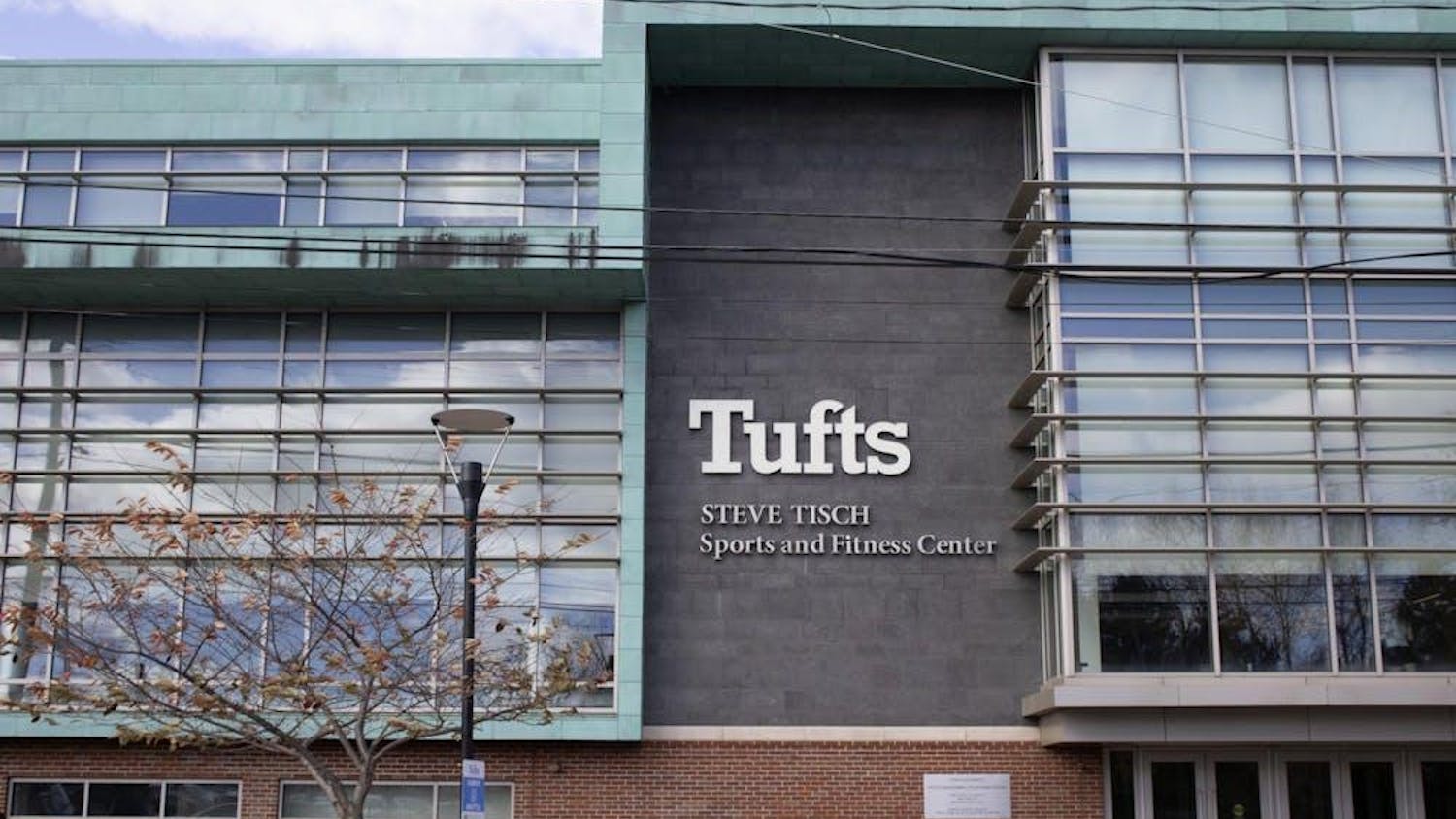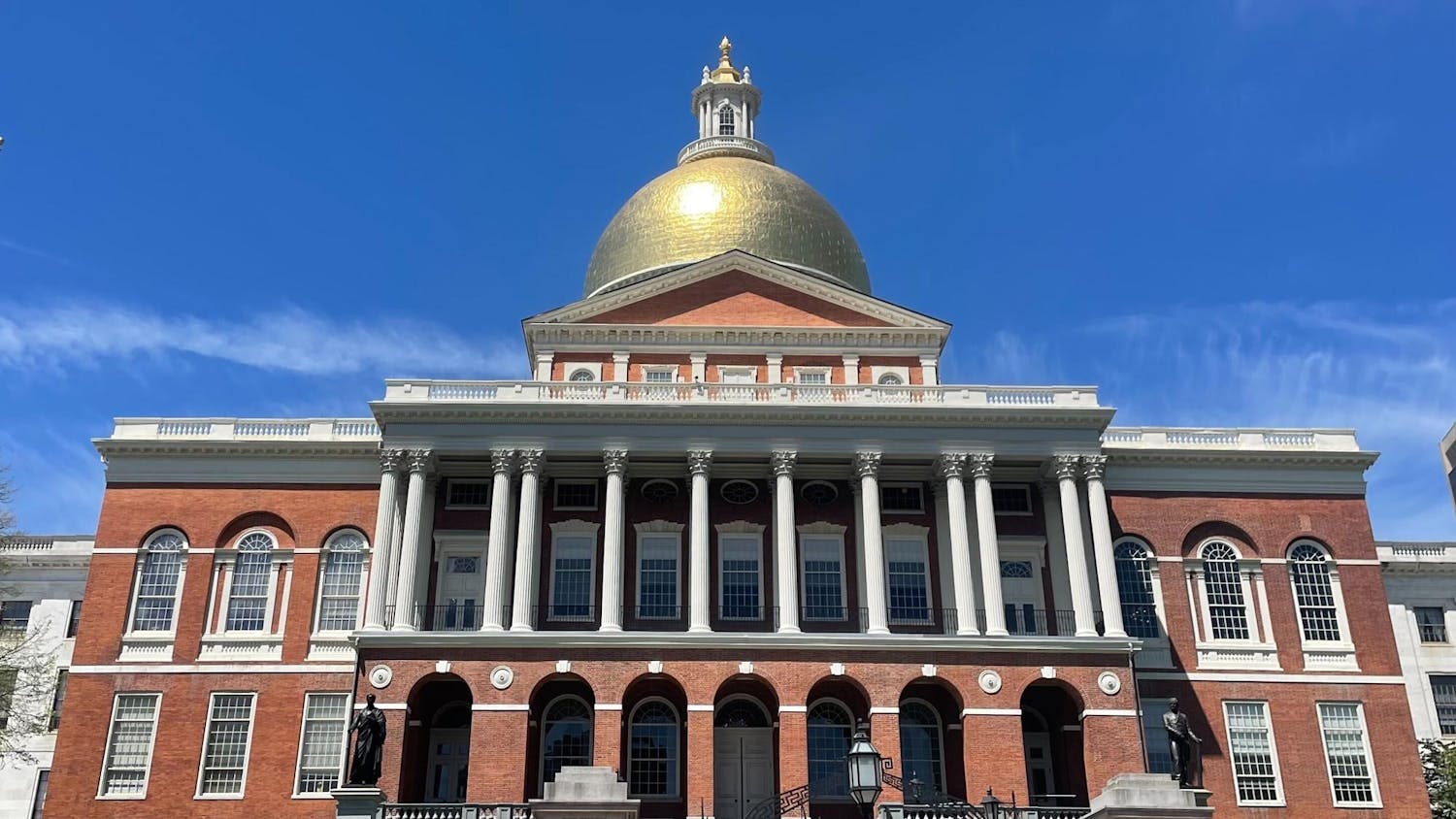Graduate student employees of Tufts' School of Arts and Sciences and School of the Museum of Fine Arts (SMFA) will begin the process of voting to unionize with Service Employees International Union (SEIU) Local 509 today.
Votes will be sent via mail today, and eligible voters will have until May 16 to send their mail-in ballot to the National Labor Relations Board (NLRB). Ballots will be counted by NLRB on May 18, according to an email sent to graduate students by Dean of Arts and Sciences James Glaser and Dean of the Graduate School of Arts and Sciences Robert Cook.
The election was announced on April 18 when the university received a petition filed with the NLRB on behalf of the union, the email said. More than 30 percent of employees signed cards indicating interest in holding an election, according to Tufts Associate General Counsel for Labor and Employment Lili Palacios-Baldwin.After the 30-percent threshold is reached, federal law requires an election to be held.
Graduate students are allowed to unionize after an August NLRB 2016 decision granted private university graduate students the right to do so.
According to a university-provided list of frequently asked questions, all Ph.D. students in the Graduate School of Arts and Sciences and masters students in the School of Museum of Fine Arts who receive compensation for teaching or conducting research are eligible to be part of the union.
If a majority of voters in the Graduate School of Arts and Sciences vote to unionize, the university must accept the vote, according to teaching assistant and fourth-year Ph.D. candidate in the Department of PhysicsAnna Phillips. However, for SMFA students, the university can claim that they do not have enough in common with the other graduate students and can challenge their votes, Phillips said.
Phillips explained that after their fifth year, graduate students no longer receive financial assistance in paying their health care bills. Furthermore, she said graduate students do not receive sufficient paid childcare or medical leave.
Phillips said she hopes that unionization would benefit all graduate students equally.
“There’s the general principle that the graduate students are better off all together,” Phillips said. “I expect it to be a collective effort to make the experience of all graduate students at Tufts better.”
Graduate instructor and fourth-year Ph.D. candidate in the Department of English James Rizzi explained the difficulties associated with not being able to communicate directly with top university administrators. He said that unionization would empower graduate students by giving them recourse.
“Right now the situation is such that individual graduate students may come together to ask things of their program director or department heads, who then go up the chain of command until things are negotiated on our behalf, far removed from the people who are actually asking for the things,” Rizzi said. “Forming a union, for me, means having a seat at the table.”
Rizzi also suggested that a unionized graduate student population would make Tufts more enticing to potential students looking to pursue a graduate degree.
“With the cost of living that continues to go up every year, these things are on people’s minds as they make the decision to attend Tufts or take their graduate degree somewhere else,” Rizzi said.
Teaching assistant and first-year Ph.D. student in the Department of Computer ScienceSam Burck clarified that although the union provides support, decisions regarding an eventual contract will ultimately lie with the graduate students.
“We are giving them the right to represent us, as in we can’t bring in our own lawyer or negotiator and use them instead, but they don’t get to decide what happens,” Burck said. “They help us come to an agreement with the administration for what’s an acceptable contract and we choose if we want to sign that.”
Dominic Guri, a second-year mechanical engineering Ph.D. candidate, said that he does not think graduate students should be represented by SEIU. He cited a meeting last December, where he said SEIU representatives were unable to state exactly what they would be providing for the graduate students.
“If SEIU is the best option that we have, then we ought not to unionize at all,” Guri said. Guri, as an engineering student, will not be voting in the upcoming election.
Rizzi clarified that the graduate students do not view their relationship with the university as a negative one.
“When we say that a contract offers us protections, we are not necessarily saying that we’re in an adversarial relationship with the administration,” Rizzi said. “It simply means that we want protection from anything that could happen.”
Glaser expressed some concerns with the decision to unionize. He noted that unionization may blur the line between student and employee and complicate the relationship between graduate students and their departments.
“Up to now, we view teaching opportunities as part of the training that students get as part of their experience here as students,” Glaser said. “We view their participation in laboratories as part of their training in learning the craft of doing research.”
Glaser also noted that unionization may place additional financial burdens on all graduate student employees.
“If the union forms, whether you voted for the union or you didn't vote for the union, you will have obligations to the union — whether they're dues or whether they’re agency fees,” Glaser said.
Rizzi expressed his hope that after educating themselves about the implications of unionization, the majority of students will come to share his viewpoint that a union will benefit them.
“We believe that if the Tufts students do their research and they are not misled or driven into a position where they are fearful, irrationally, we trust them to vote for unionization because we believe it’s in their best interests, and we believe they’ll come to that same conclusion,” Rizzi said.
CORRECTION AND CLARIFICATION: A previous version of this article stated that the university must accept the vote if the majority of students vote to unionize. However, the result will be determined based on a majority of voters, rather than a majority of students. The article has been updated to reflect this change. Additionally, the article has been updated to clarify a sentence regarding financial obligations for graduate student employees if a union forms. The Daily regrets these errors.






